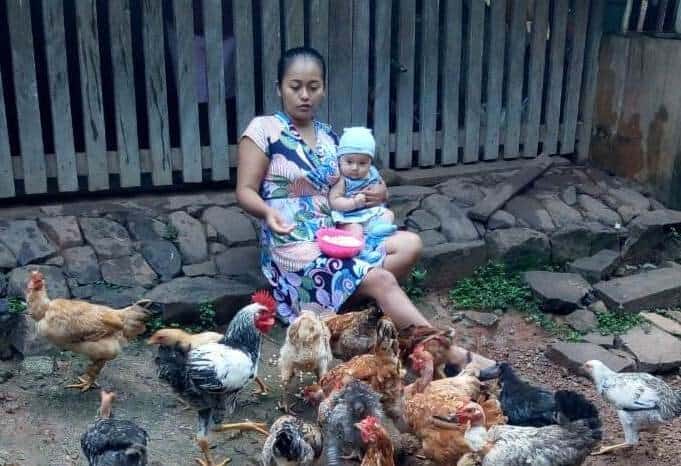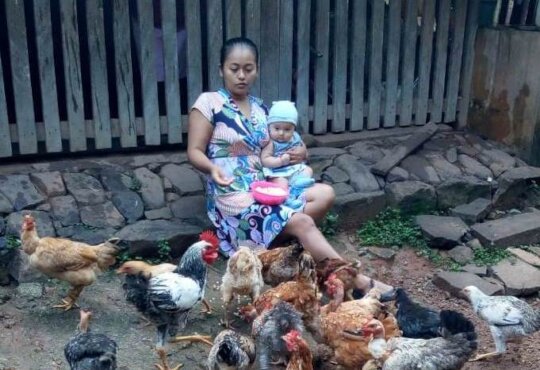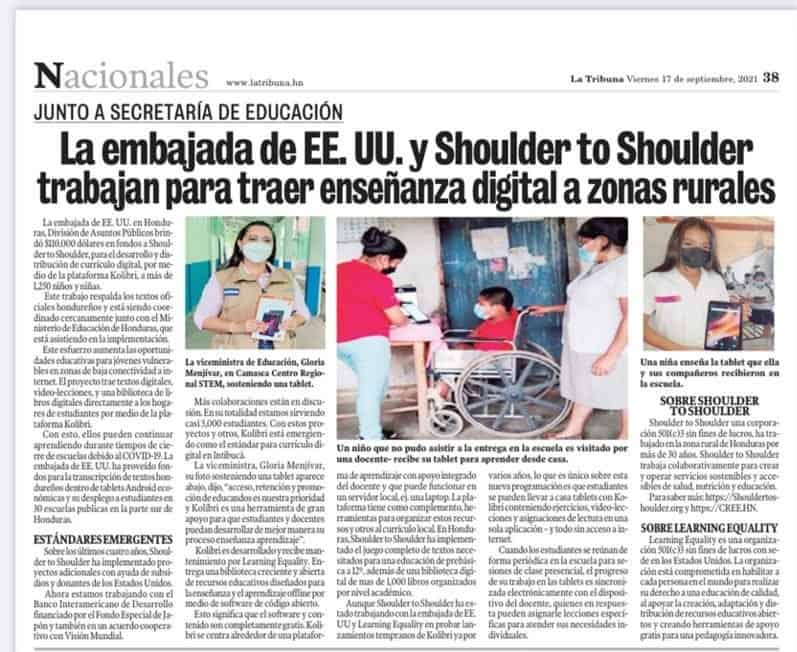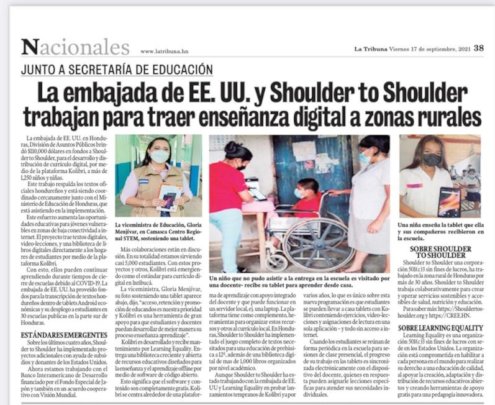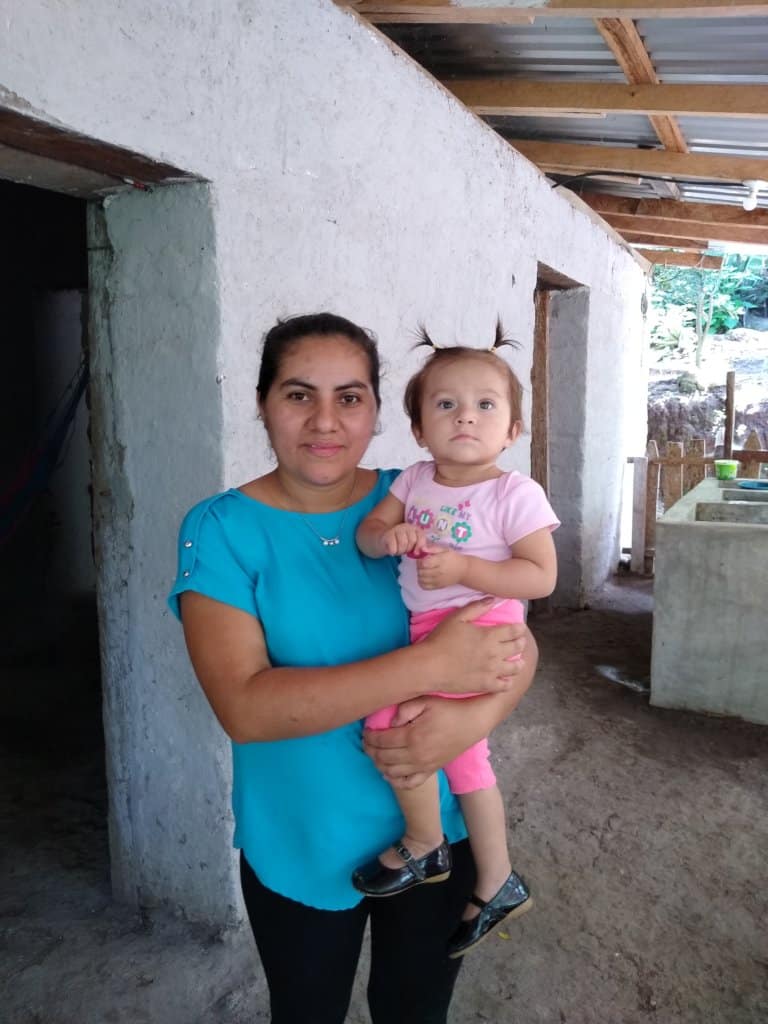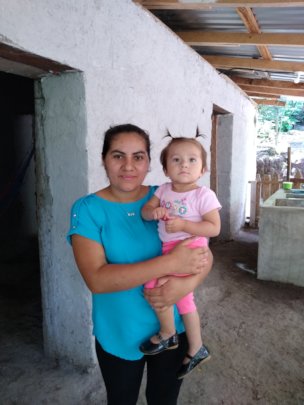By Laura Manship – Executive Director
It’s hard to believe — but we’re almost at the end of our first year of Hens Hatching Hope: Un Huevo Cada Dia.We started this project in January 2021. This is what we have accomplished so far:
– 25 women, in 25 different communities, are raising hens
– 300 mothers take their children (6 months – 2 years) to monthly check ups at the health centers. They receive a ticket for 30 free eggs.
– 300 children receive an egg a day through the project.
– Children’s heights and weights were taken in January 2021, July 2021, and again in January 2022. We are working with a professor at the University of Southern Georgia, to analyze the data.
Currently, we are in the process of evaluating the year, and working on improvements we want to make for our second year.
WE ARE SO THRILLED THAT WE WILL BE ABLE TO RUN THIS PROJECT FOR A SECOND YEAR.
We couldn’t have done it without our wonderful donors and supporters!


